A wide range of Ecology in this North East city
Newcastle upon Tyne in the North East of England is not only known for its industrial heritage, iconic bridges, and Georgian architecture, but also for its green spaces and riverside habitats that provide crucial environments for wildlife.
As urban development in Newcastle continues to grow, the need for ecological due diligence is increasing. Among the most common requirements for planning applications is a bat survey to assess whether protected bat species could be affected by proposed works.
Bat Habitat
Bats are highly adaptable and often choose to roost in urban settings, using buildings, trees, and bridges for shelter. Roof voids, lofts, gable ends, and even wall cavities can offer ideal microclimates for roosting. Trees with cavities or peeling bark are also important bat habitats.
In a city like Newcastle, where green corridors such as the Town Moor and the River Tyne provide important foraging routes, the chances of encountering bats are higher than many might assume. Even small development works, like roof repairs or garage conversions, can impact bats and therefore may require a professional bat survey.
Legal Protection for Bats
All bat species in the UK, along with their roosts, are fully protected under the Wildlife and Countryside Act 1981 and the Conservation of Habitats and Species Regulations 2017. This legislation makes it a criminal offence to disturb, injure, or kill bats or to damage or destroy their roosts, regardless of whether bats are present at the time.
In Newcastle upon Tyne, local planning authorities such as Newcastle City Council take this protection seriously, often requesting bat surveys alongside planning applications if work is likely to affect bats or there is any potential for bat habitat disturbance.
Natural England is the licensing authority for activities involving protected species: in Wales it is Natural Resources Wales. If bat surveys indicate that works are likely to affect a known or suspected bat roost, a European Protected Species Licence (EPSL) will be required from Natural England. This process demands accurate ecological data and a well-planned mitigation strategy, making early involvement from experienced ecologists essential.
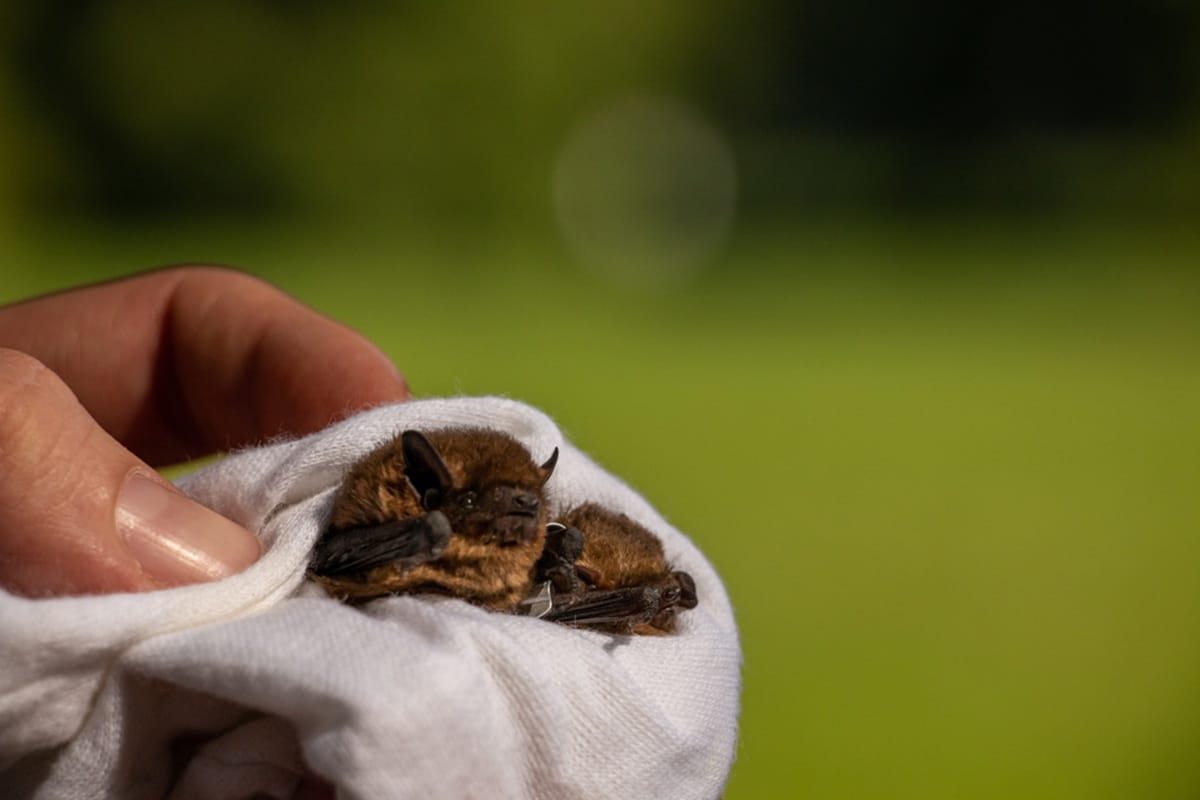
Bat Conservation in Newcastle and the North East
Bat conservation efforts in Newcastle are supported by both national bodies and active local groups. The Bat Conservation Trust (BCT) offers national guidance and promotes awareness, while the Northumberland Bat Group monitors bat roosts, and supports bat rescue. These organisations play a key role in maintaining the health of bat populations in line with Natural England guidance.
Bat Species found in the Newcastle upon Tyne area
Common species found in and around Newcastle include the common pipistrelle, soprano pipistrelle, brown long-eared bat, noctule bat, and Daubenton’s bat. Each species has different roosting and foraging requirements, but all are subject to the same legal protections. Urban parks, riversides, and older buildings form a patchwork of interconnected habitats that bats rely on to forage, navigate, and reproduce. Development sites must be sensitively planned to ensure these routes remain viable and this must be highlighted in a planning application.
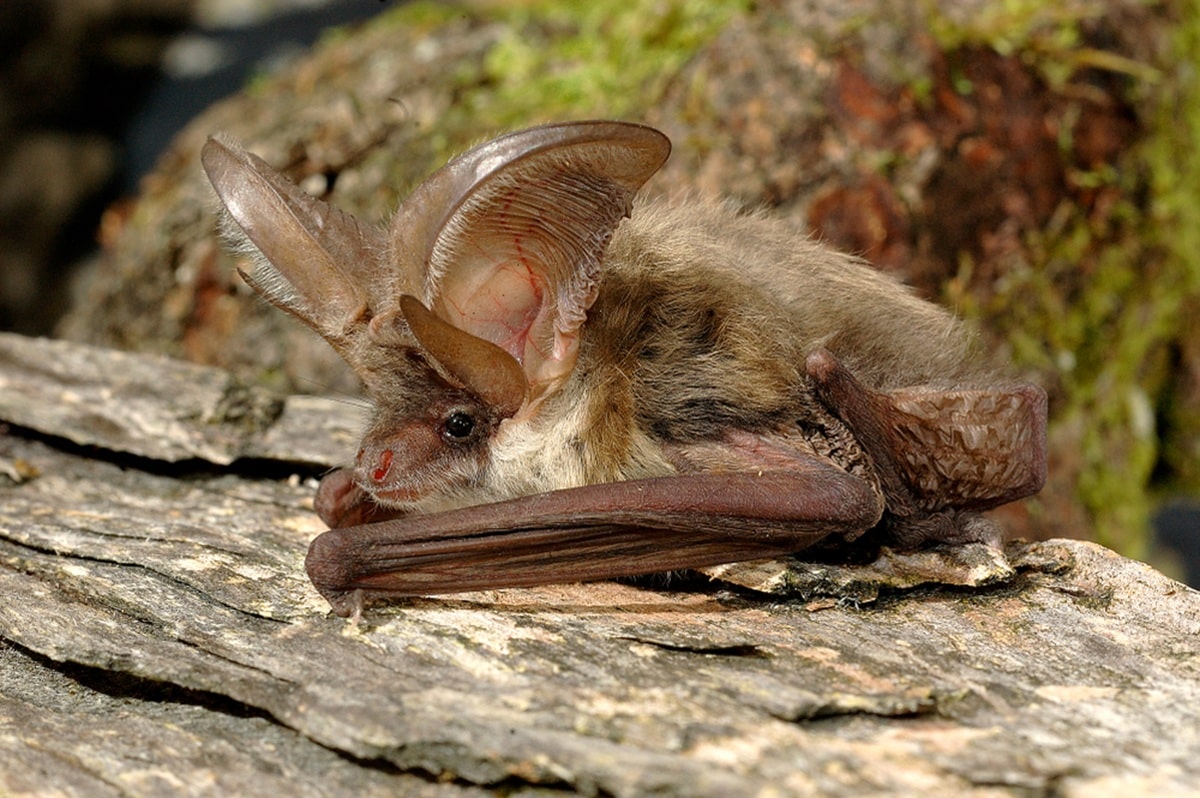
When is a Bat Survey in Newcastle required?
Bat surveys in Newcastle are often triggered when a proposed development involves a building or tree with potential to support roosting bats. Bat surveys are undertaken by professional ecologists and it’s important to engage a firm that employs with experienced consultants who carry out the following surveys including:
Preliminary Ecological Appraisal
This is usually the first step, involving an ecologist making a site visit to assess it for signs of protected species. If the Preliminary Ecological Appraisal raises the possibility of bats being present, the next step is arranging a Preliminary Roost Assessment.
Preliminary Roost Assessment
This is the first stage in the bat survey process and involves a qualified ecologist making a site visit and an internal and external inspection of any structure on the development site, as well as inspecting trees for signs of bats, roosting bats or bat roosts. The consultants will look for bat droppings, feeding remains, staining around entry points, or crevices suitable for roosting.
If the Preliminary Roost Assessment finds a likely absence of bats, the report can be used to support an application for planning permission. If, however, the assessment suggests that there are bats present, or if physical evidence is found, further surveys are needed.
Bat Activity Surveys
These are also known as Bat Emergence Surveys or Bat Emergence and Re-Entry Surveys, conducted at dusk or dawn in the summer months between May and September.
These bat surveys involve ecological consultants making an internal and external inspection and observing potential entry and exit points for bats on buildings. Bat emergence surveys involve the use of bat detectors, night vision, and thermal imaging to record bat activity and chart population numbers. Bat detectors interpret bat calls to help identify species during bat emergence surveys. The re entry survey and all bat activity surveys are crucial for determining whether bats are present and, if so, how the development could affect them.
These bat surveys may identify the possibility of other protected species on development sites, leading to the requirement for further surveys. These may include ecological surveys or further protected species surveys such as great crested newt surveys, bird surveys or reptile surveys.
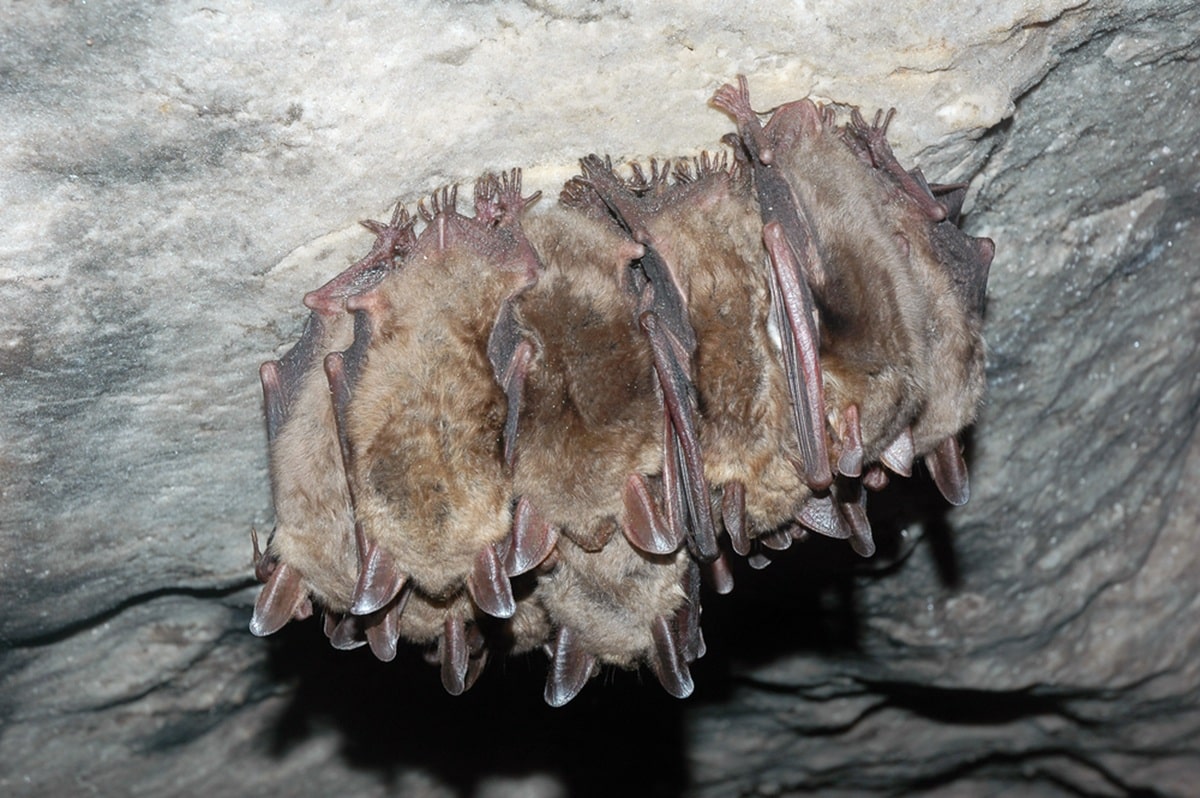
Producing a Bat Survey Report
After the bat surveys are completed, a full bat survey report is produced. This report includes a summary of the findings, photographs, detailed site maps, and professional recommendations. Where there is a likely absence of bats on development projects and the roosting potential is low, the report helps to streamline the planning process. However, where there are bats present as revealed in surveys including a re entry survey, or there is high suitability, the report will advise on appropriate mitigation according to good practice guidelines and may recommend applying for an EPSL. The bat survey report is submitted to the local planning authority to demonstrate compliance with wildlife legislation.
Mitigation and Licensing following Bat Surveys
Where bats or roosts are identified during bat surveys, mitigation may be required to avoid or reduce any negative impact. This could include measures such as the installation of bat boxes, scheduling works outside of the active bat season, or incorporating bat access features into the final design. If work must proceed in a way that would disturb bats or destroy a roost, an EPSL will be necessary. As well as carrying out bat surveys, our experienced ecological consultants prepare all supporting documents, including method statements and habitat compensation plans, to support licence applications and ensure legal compliance.
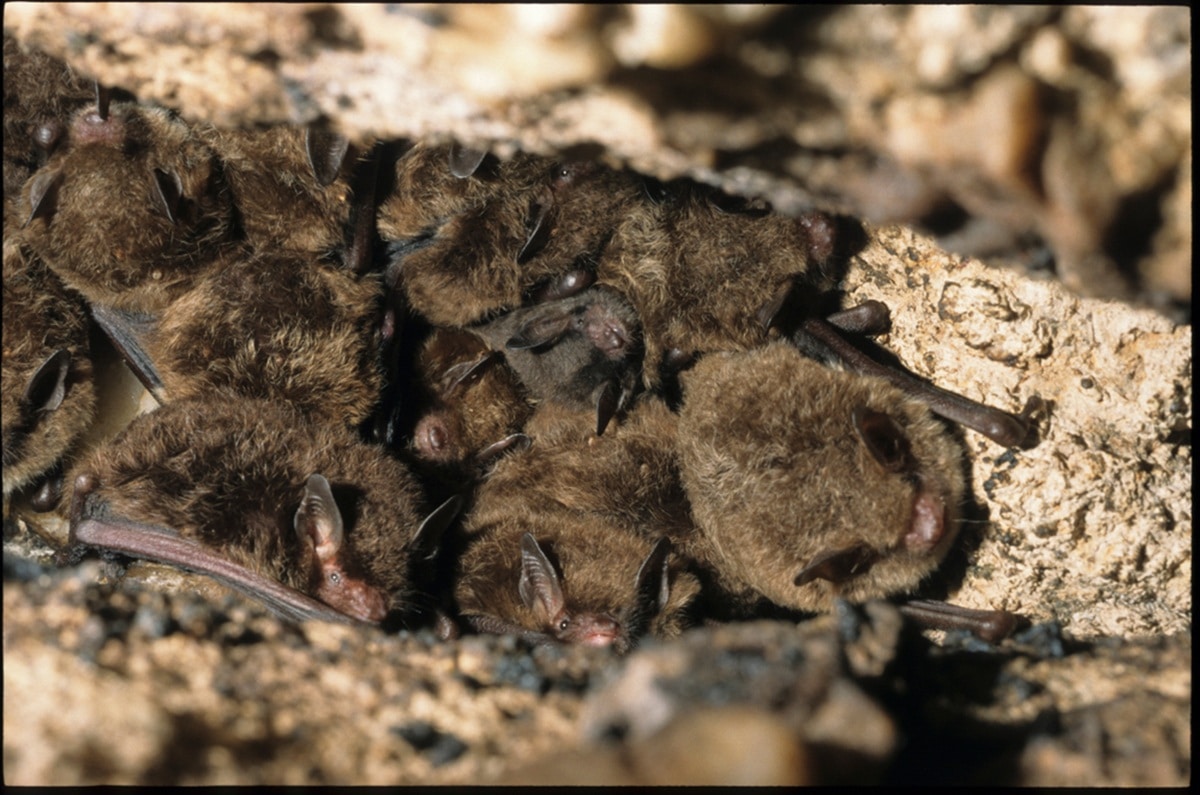
Bat Survey Services in Newcastle
Our ecology consultancy delivers expert bat survey services and protected species surveys for areas across Newcastle on Tyne and the wider North East. We support developers, homeowners, architects, and local authorities with timely bat surveys – which must be undertaken in the summer months – and professional ecological assessments to help meet planning application requirements. Ecological surveys are undertaken by licenced ecologists who bring extensive local experience and knowledge of Newcastle City Council’s policies, ensuring that ecological risks are addressed early and efficiently.
We provide a full range of ecological surveys to meet planning application requirements for development projects including preliminary ecological appraisals, preliminary roost assessments, bat emergence surveys including dusk and dawn re entry surveys, and protected species surveys including great crested newts surveys, bird surveys, reptile surveys, ecology surveys and habitat surveys. We offer reliable, affordable bat surveys tailored to your project timeline.
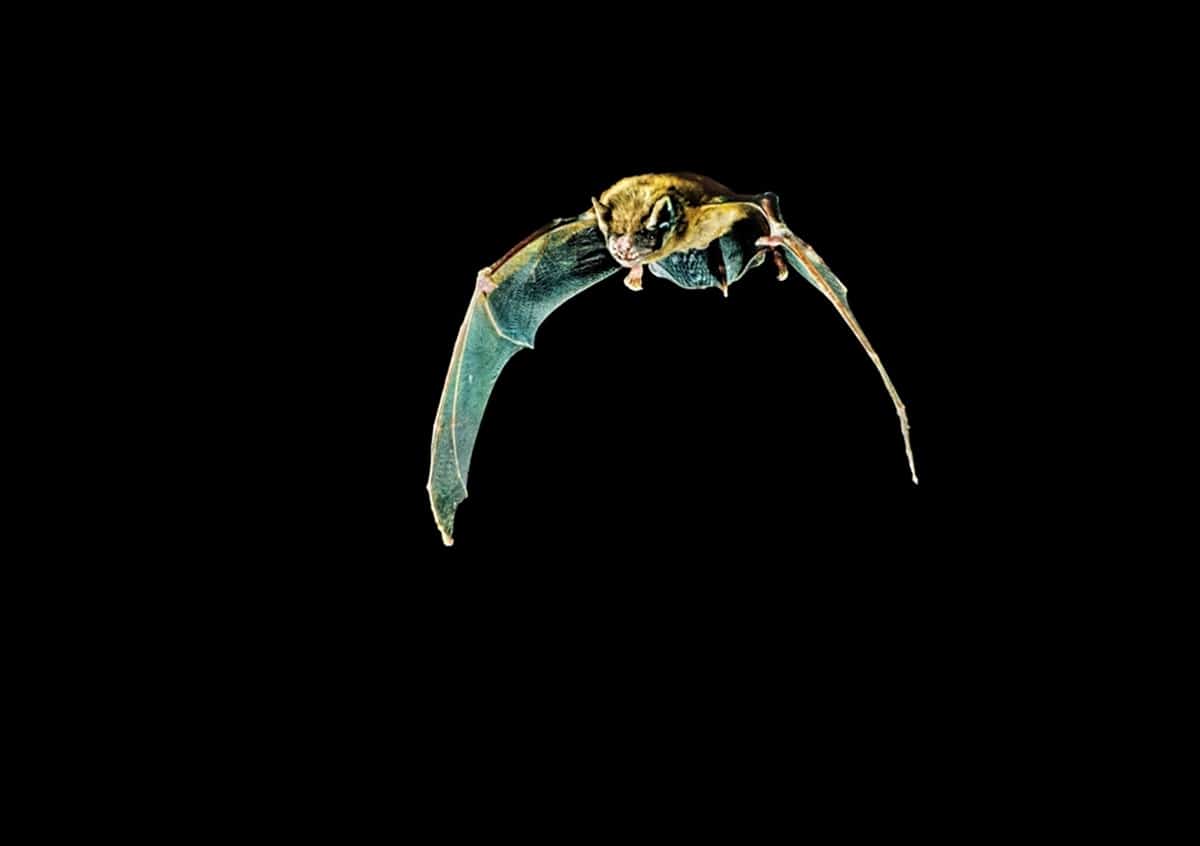
Request a Quote for a Bat Survey Newcastle
If you think your plans might affect bats and you need a bat survey on sites in Newcastle on Tyne, the first step is to contact our professional ecologists for a free, no-obligation quote. Just send us your site address and a brief outline of the proposed work, and we will provide expert advice about the most appropriate next steps for your development projects. Should a survey be necessary, we will arrange it at a convenient time and provide expert guidance throughout the process to comply with legislation, Natural England stipulations and BCT guidelines.
Engaging qualified ecologists for your bat surveys and ecology surveys ensures that surveys are undertaken correctly, giving your project the best chance of obtaining planning permission, while helping protect one of the UK’s most legally protected groups of mammals.
